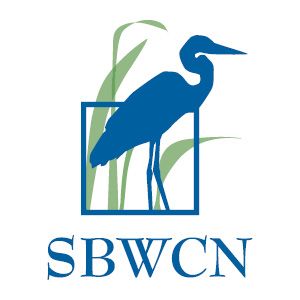What We Do
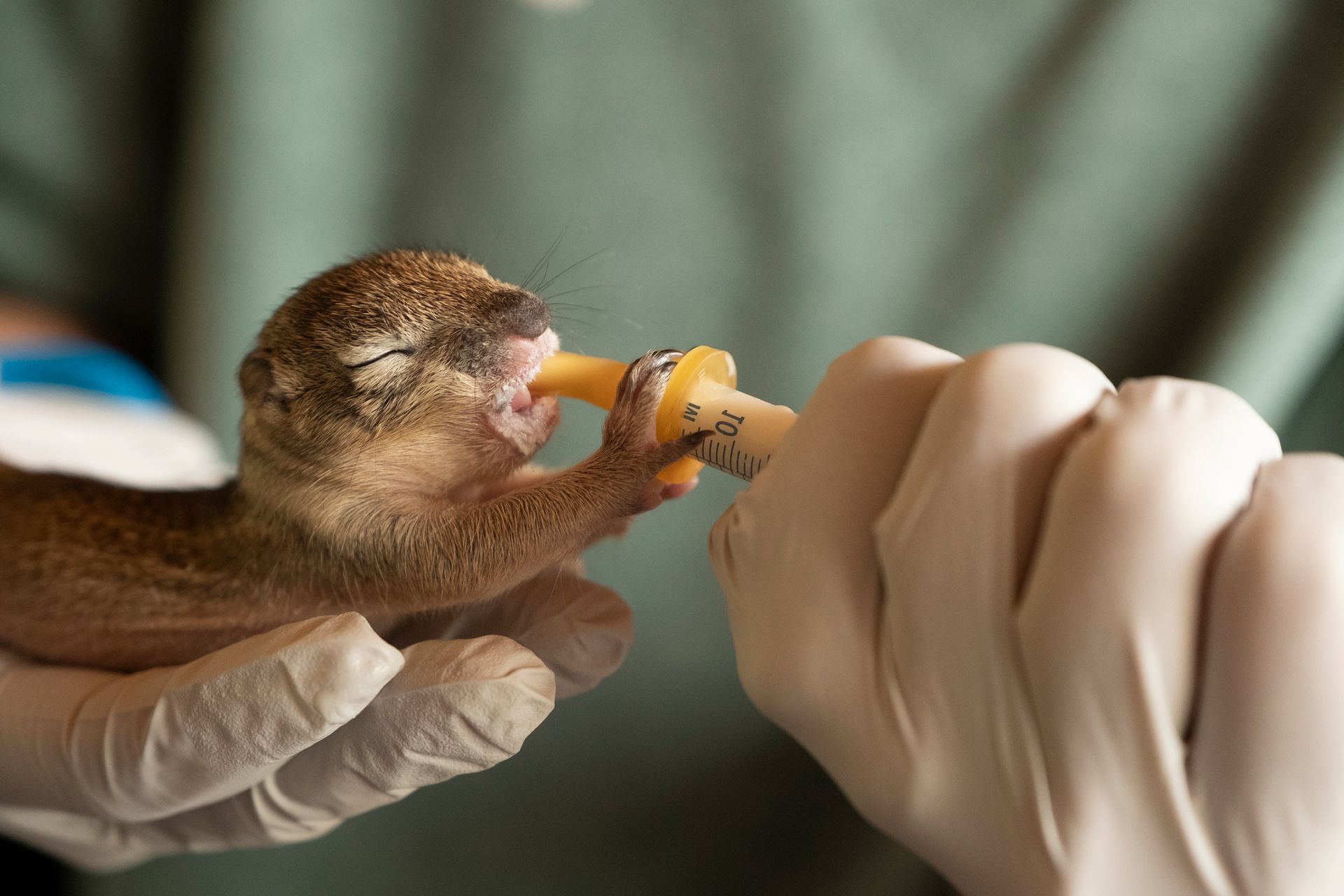
Saving Wild Lives, One Patient at a Time
Every year, thousands of animals along California’s Central Coast face injuries, illness, and orphaning—from oil contamination and habitat loss to car strikes and coastal storms. The Santa Barbara Wildlife Care Network exists to be their safety net. Our mission is to rescue, rehabilitate, and release wild animals in need—while educating the public on how to protect and coexist with the wildlife around us.
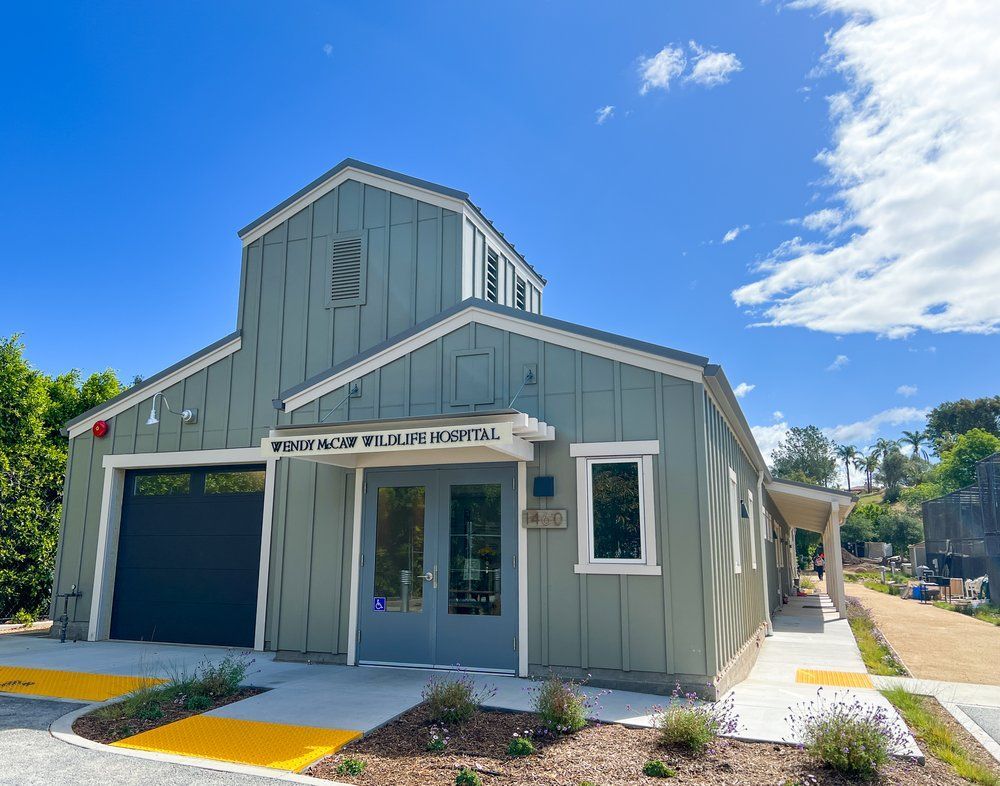
The Wendy McCaw Wildlife Hospital
Where Urgent Care Meets the Wild
Tucked between the mountains and the sea, our state-of-the-art wildlife hospital operates 365 days a year, offering lifesaving treatment to over 4,000 patients annually. From seabirds and songbirds to opossums and bobcats, we treat more than 20 species—each with unique needs.
Our facilities include:
- A specialized seabird pool for aquatic recovery
- Oiled Wildlife Rehabilitation Facilities
- Warm, quiet nurseries for fragile newborn songbirds and mammals
- Surgery and diagnostics rooms equipped for emergency care. Including Critical Care Units, a digital X-ray machine and CT diagnostics.
- Flight enclosures and outdoor habitats for physical therapy and pre-release conditioning
- A songbird room with specialized lighting to mimic their natural habitats
- Expanding quarantine and isolation spaces to help prevent the spread of zoonotic diseases between species and humans
This is where broken wings heal, orphaned babies grow strong, and wild instincts return, and new advances in wildlife medicine are made.
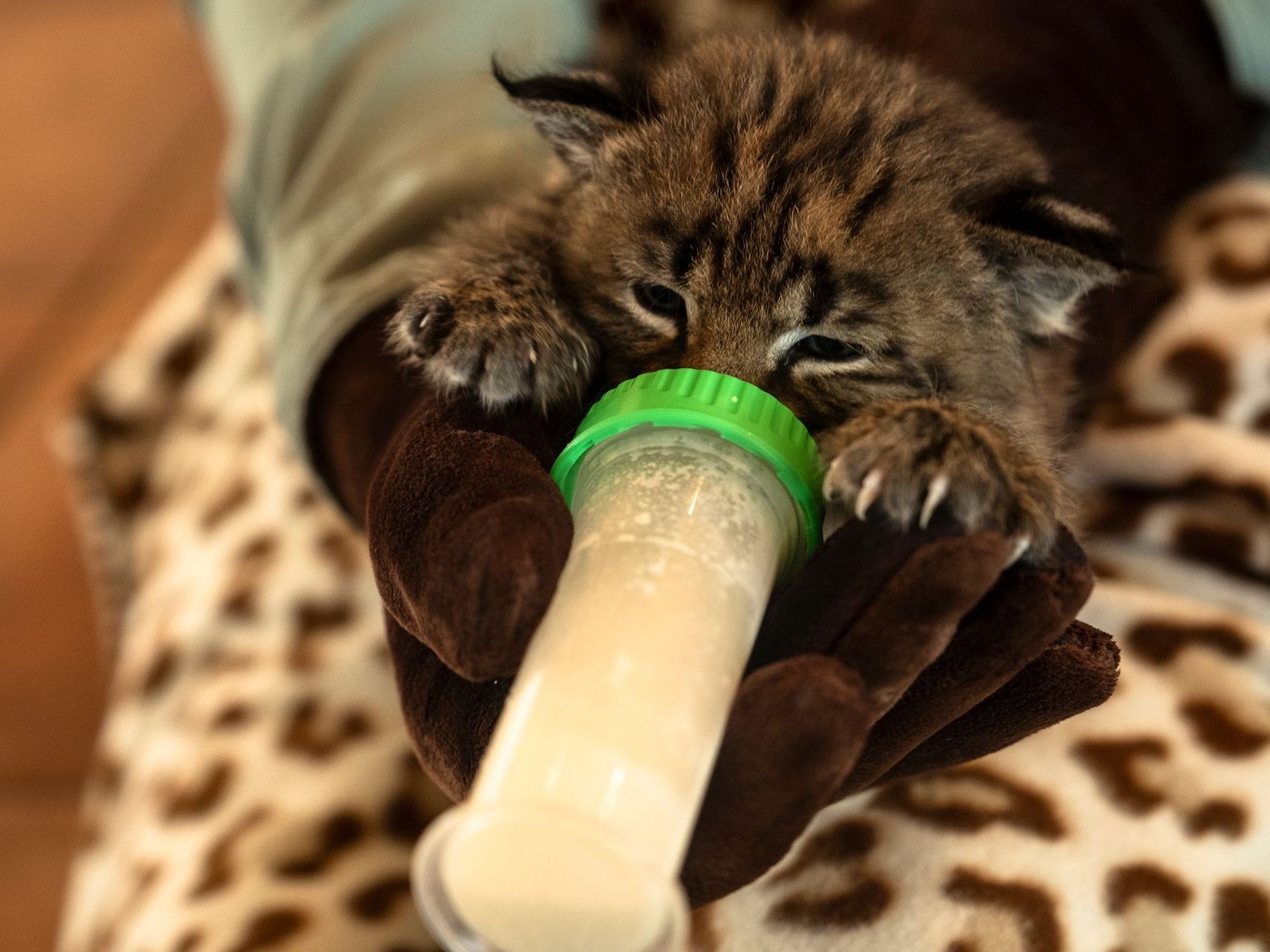
CALL: (805) 681-1080
The Wildlife HELPline
In the chaos of discovery—an injured bird in the street, a baby squirrel alone on the trail, a seabird tangled in fishing line—our Wildlife HELPline is the first call people make.
Operating 7 days a week, 365 days a year the HELPline connects the public with trained responders who assess situations, offer immediate guidance, and coordinate rescues when needed.
Our Helpline team handles:
- Thousands of wildlife calls each year
- Step-by-step guidance for emergency situations
- Support for transporting injured animals to the hospital
- Education on when not to intervene (and why it matters)
- Real-time decisions that reduce harm and improve outcomes
Whether you're calling from a quiet backyard or the side of a busy highway, we're here to help you help wildlife—every day of the year.
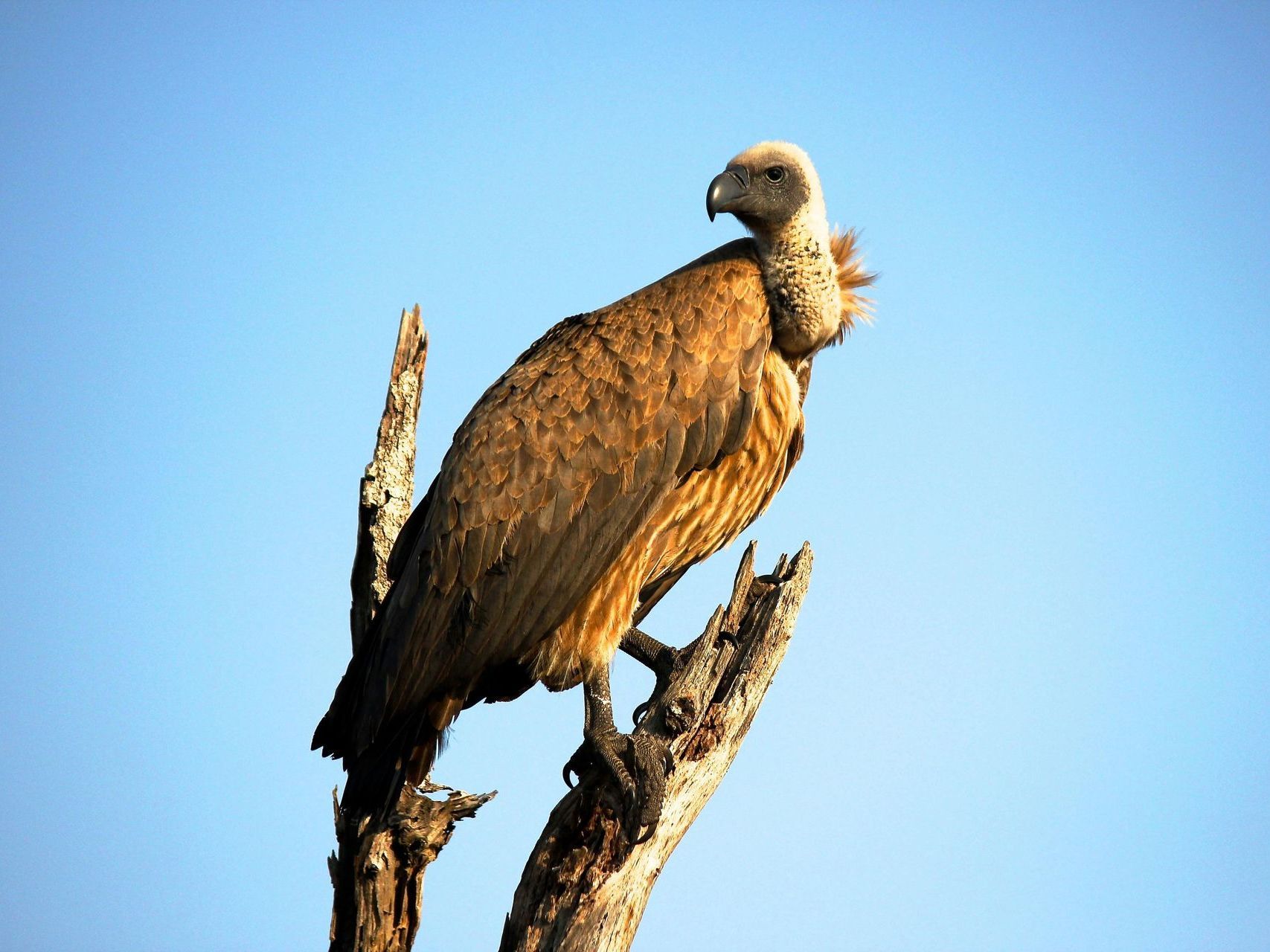
WildWelcome.com
Where Curiosity Meets Conservation
Most wildlife emergencies can be prevented—if people know what to look for. That’s why we created WildWelcome.com: an educational hub that empowers our community to live in harmony with the wild animals who share our neighborhoods, coastlines, and backyards… welcome to your wild neighborhood!
Whether you're trying to protect a nest, avoid a rescue mistake, or simply understand the raccoon under your deck, WildWelcome is your guide to peaceful coexistence.
Explore topics like:
- Learn about wildlife around us
- What to do (and not do) if you find a baby animal
- How to make your home wildlife-safe
- Simple ways to support local species in your everyday life
Because the more we understand the wild, the more we can protect it—together.
Our Approach
Compassion, Science, and Community
Every patient matters. Whether it’s a tiny hummingbird or a great blue heron, we approach each rescue with the same goal: to give that animal the best possible chance at life in the wild.
We combine:
- Compassionate care, grounded in the belief that wild lives are worth saving
- Science-based rehabilitation practices guided by licensed wildlife experts and veterinary professionals
- Community engagement, because protecting wildlife is a shared responsibility
Through education programs, public outreach, and partnerships with local agencies, we’re building a region that’s safer—for animals and people alike.


